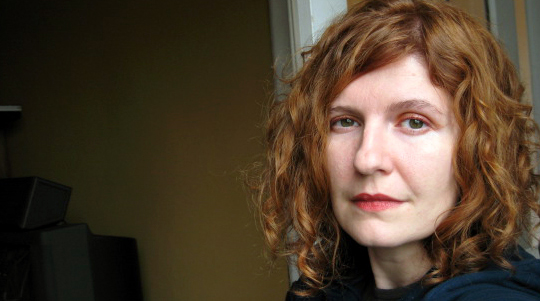11.11.2006 | Will not drag memories inside

This fall brings big changes in the social constellation. One of my best friends is moving to the east coast, which makes two best friends now living on the other side of the country. One pair of other best friends recently had a first child, which means that the nature of our access to each other has shifted.
I notice that this change lifts some burden of responsibility to be a good friend—to be a good enough friend to keep friends. I realize this burden is my own construction, but the relief is there all the same until, if ever, my mental material evolves.
It reminds me of that famous wire mother study with the baby monkeys. When the wire mother expressed spines and other forms that caused the baby physical discomfort, the baby monkey returned repeatedly trying to gain affection. This is the baby taking responsibility for the love it receives. All of us probably maintain this belief to some degree and in varying situations. It's a little heartbreaking when you hear about the little monkey's tireless efforts to gain love, affection, and, ultimately, attachment. I doubt we reserve such sympathy for our own efforts.
For myself, it's true that I play out this dynamic even in friendships. It makes friendship a fatiguing endeavor, in the end. (And it conjures some interesting questions about the nature of introversion.)
Recently, I worried to a friend that I had slighted the friend who is moving. The action: I had reserved two days of hermitdom on her second to last weekend here. When asked (and slightly goaded) to rethink the plans, I stuck to my commitment. Afterward, I worried that it would cost me some closeness. My confidant reminded me that I had been a good friend and that I had no responsibility to change my plans. It was strange to hear it that way, to have someone enter with the objective view and call out the subjective distortion. It reminded me that I have this belief that if I am good enough I can keep people in my life.
When I reflected on it, I realized that I do the same thing in work relationships: If I don't work hard enough, I could lose current work or future work (and thus a downword spiral of some unimaginable kind that culminates in debt and worse). This is perfectionism, and it makes me good at my job. Other people make mistakes and say, "Oh well." I make mistakes and think my job is on the line. I would rather be the former type of person.
For now, I am who I am, and I am looking forward to a quiet fall spare of social obligation and with openings for new social connections. It is possible that new connections may reveal some different approach to connection so far untested and difficult to implement in existing relationships. We'll see.
She had to be gone before I could miss them both. I had to pass her building, empty of her, to realize that one of my seasons had ended and that the aggregate of evenings and daytimes together in the way we had them wouldn't ever be again.